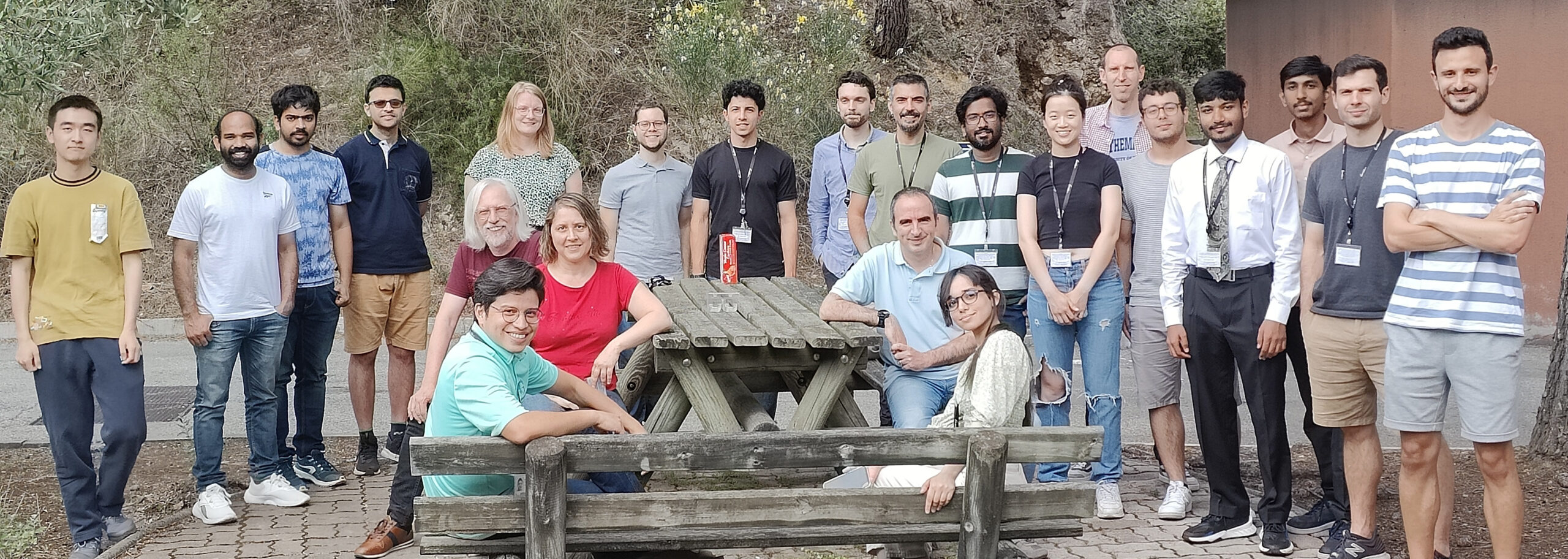Speaker: Michel De Lara, Ecole des Ponts ParisTech
(joint work with Jean-Philippe Chancelier and Benjamin Heyman
Title: Games in Product Form
Time and Place: April 22, 2024 at 14h30 in Salle Lagrange Gris, Inria, Sophia-Antipolis
Abstract: Game theory offers a mathematical formalism to study strategic interactions. In such models of competition, information (who knows what and before whom) plays a crucial role.
In the fifties, H. W. Kuhn used trees to define a game in extensive form (GEF); in a GEF, the information of a player is represented by a partition of the player node moves. In the seventies, H. S. Witsenhausen used agents, a product set and a product sigma-field to define the so-called intrinsic model (IM) in multi-agent stochastic control problems; in an IM, the information of an agent is represented by a subfield of the product sigma-field.
In this talk, we introduce games in product form (GPF) as an alternative (based on IM) to GEF. We advocate the relevance of GPF for game theory by
- providing a case of game form that is playable, but that cannot be written on a tree,
- illustrating with examples the easiness and flexibility of GPF to model games (Alice and Bob, principal-agent models),
- discussing how to represent stochastic and Bayesian games inside the GPF formalism.
Then, we stress that, by replacing what R. Aumann called the “cumbersome tree model” with a product set, GPF can naturally be decomposed with respect to subgroups of agents. Such potential for decomposition, be it hierarchical or parallel, is certainly relevant for computational methods. We illustrate its theoretical interest by providing a definition of perfect recall, of behavioral strategies “à la Aumann” and by proving a Kuhn’s Equivalence Theorem for GPF.

